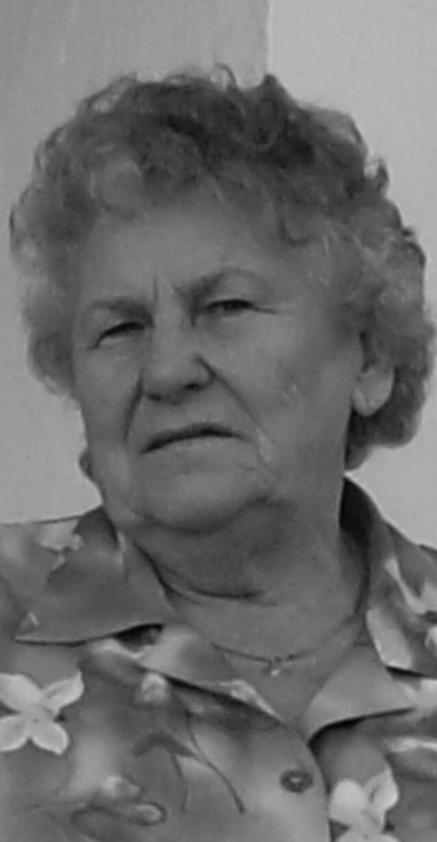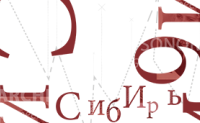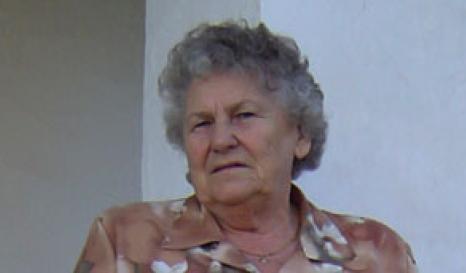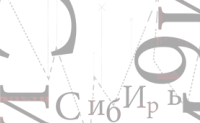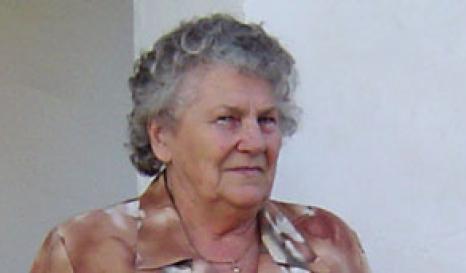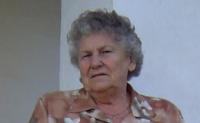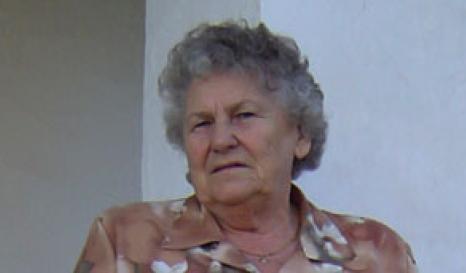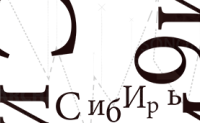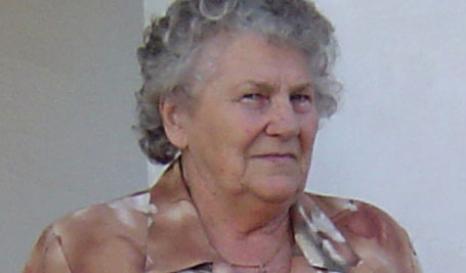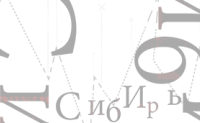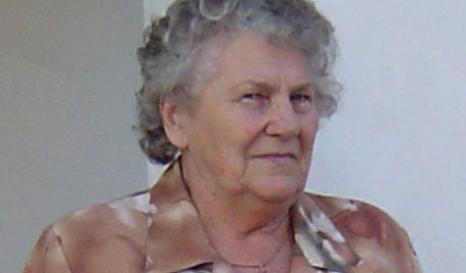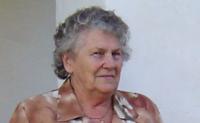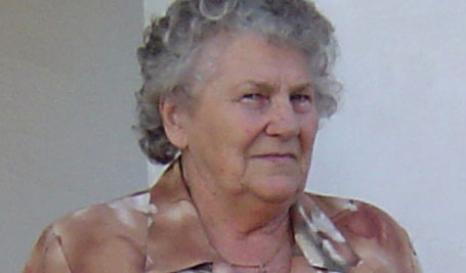BioGraphy
Klara HARTMANN
Klara Hartmann was born in May 1930 in Miskolc in northern Hungary. Her parents were peasants who died young and she does not remember them. She was brought up by an uncle, a gendarmerie sergeant at Gönc. As the Red Army advanced in January 1945, her uncle and aunt fled, leaving her alone.She was arrested, interrogated and tortured for almost a year in prison in Kiev, then sentenced to ten years’ hard labour for spying for the Germans. At Vorkuta, she worked on building sites. Bullied by the Soviet women imprisoned for criminal offences, she was totally isolated, with no other Hungarian in the camp.
In 1949, she was transferred to the Steplag in Kazakhstan, for political prisoners only, where she benefited from the mutual help and solidarity of a mainly Ukrainian brigade. In summer 1953, after the death of Stalin, in Kiev on her way back to Hungary, she met her first husband, a young Hungarian peasant, recently released like her. She had no family of her own any more and started a new life in his village in north-eastern Hungary. After her divorce, she worked on various building sites, since the stigma of the Gulag prevented her from continuing her education. Thanks to an occupational health officer she trained to be a nurse and worked in a clinic for patients with dementia.
She married again but could not have children, brought up her husband’s orphan son and became a grandmother. “It was like a school. But a very bitter school,” she said in June 2009 of her years in the gulag.
The interview with Klara Hartmann was conducted in 2009 by Anne-Marie Losonczy.


